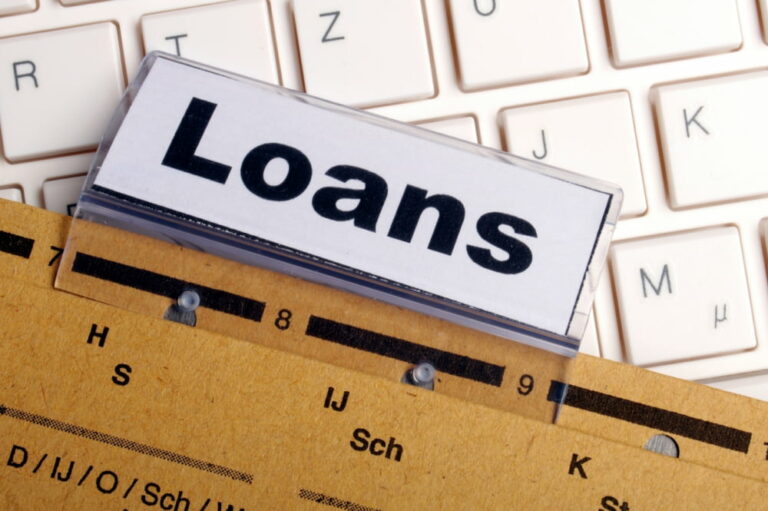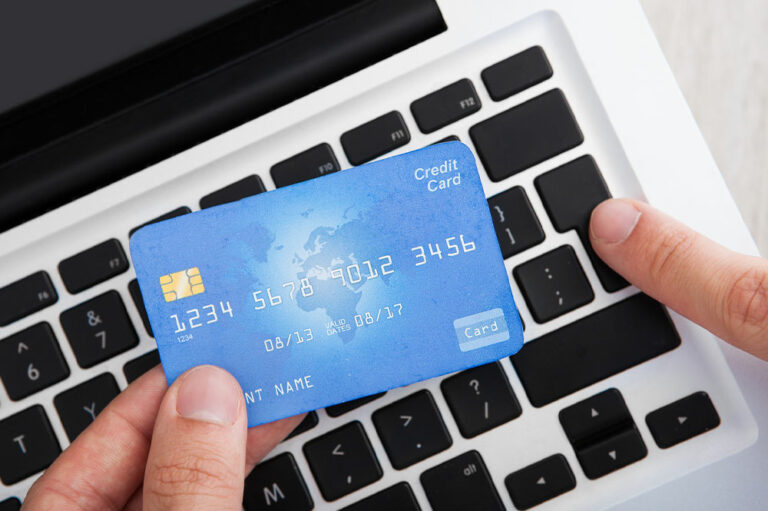
finance
4 important questions to ask a financial advisor
Every aspect of our lives is governed by money, from our homes to the devices we use and the clothes we wear. Managing one’s finances independently can be overwhelming, particularly for working individuals who do not have the time or expertise to understand investment trends. This is when a financial advisor provides systematic and timely guidance. Here are some key questions one must discuss with their financial advisor before making any financial decisions: What are your qualifications, and what experience do you have in your field? The first and foremost aspect to consider while shortlisting a financial advisor is understanding their eligibility to handle one’s finances. For example, a financial advisor’s website or social media handle may contain details on their qualifications and experience level; nevertheless, it is essential to enquire about such details during the first call to check the advisor’s credibility. Moreover, a one-on-one conversation helps understand whether the advisor can implement the knowledge gained through their courses. How will you align my portfolio with my financial goals? The first step to investing wisely is understanding one’s financial objectives and how they can be aligned with one’s investment plans. For example, a financial advisor should be able to create an investment basket tailored to fulfilling one’s short-term, mid-term, and long-term objectives. Further, investors must gauge whether the advisor can concretize the lock-in periods for each investment and specify the goal each investment security intends to fulfill. How should I prepare for financial emergencies? Emergency funding ensures financial stability in unpredictable situations like accidents or sudden economic crises. Therefore, it is essential to discuss with a financial advisor about emergency funding, ensuring that emergency funds are always parked in liquid avenues. How will you accommodate a particular upcoming life milestone in my financial plans? Personal milestones like an upcoming marriage, childbirth, and home purchase must be discussed with one’s financial advisor.










